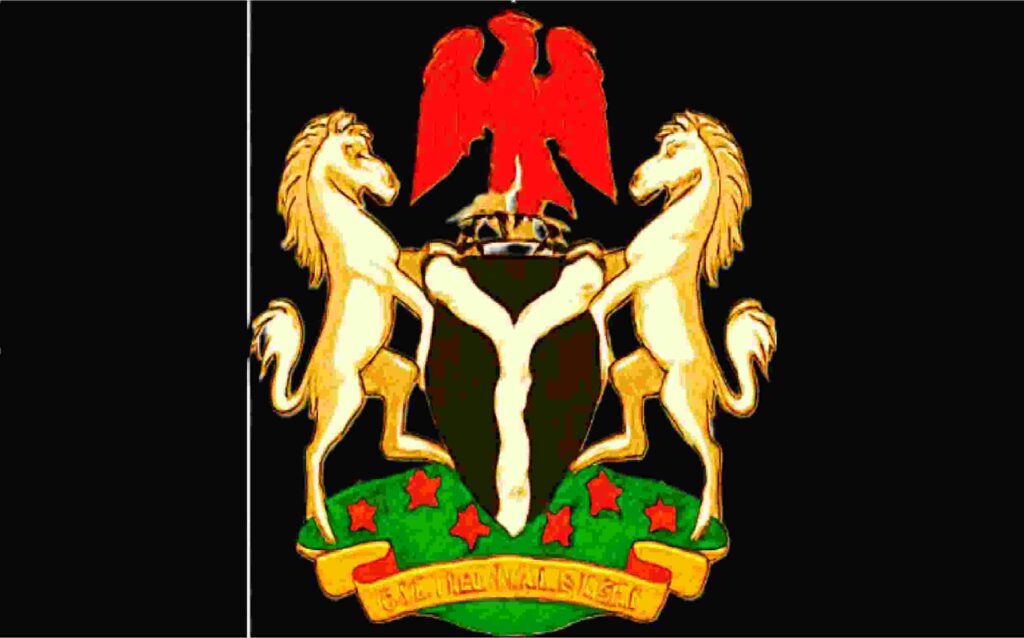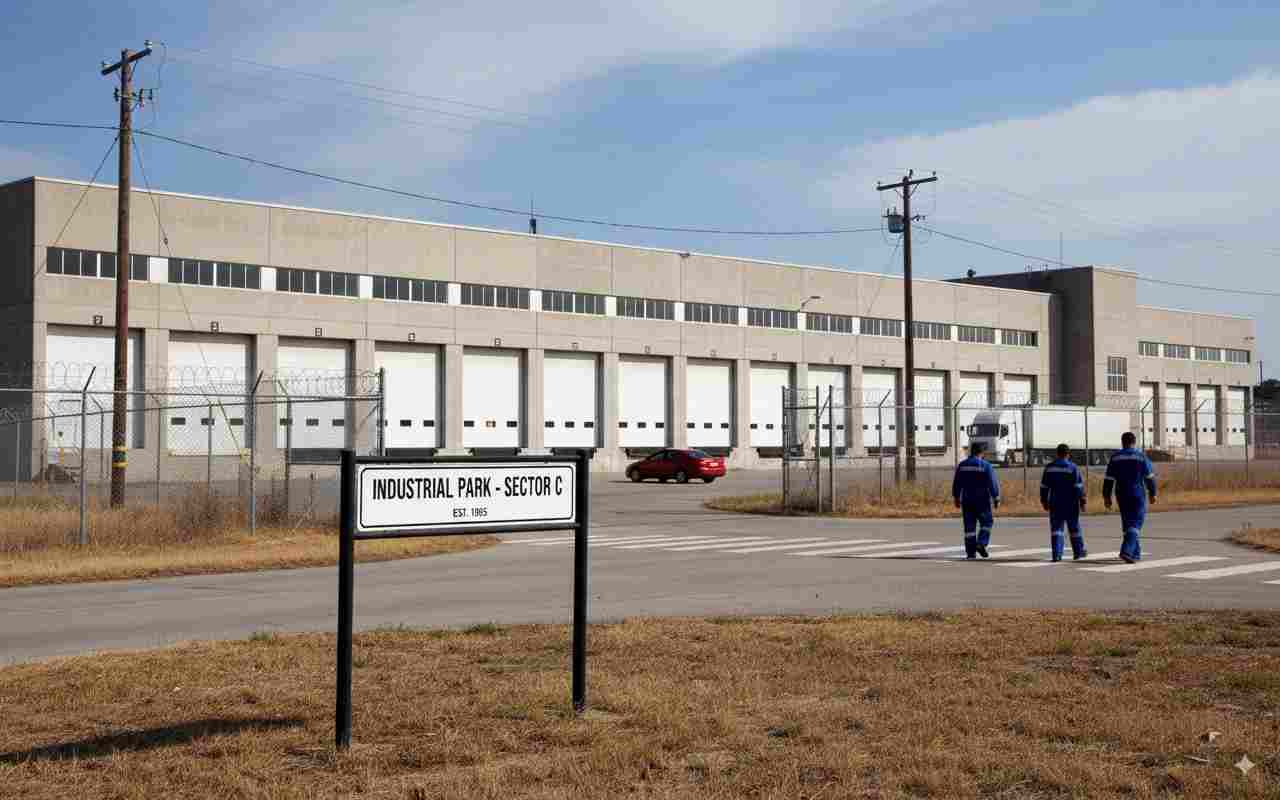The Federal Government of Nigeria is planning to privatize or concession at least 91 state-owned enterprises. Assets like the Ajaokuta Steel Company, the nation’s four petroleum refineries, and five international airport terminals have been included in the list.
While the big picture in the FG’s privatisation plan for State-Owned Enterprises, SOEs is really about shifting Nigeria’s economic structure, sustainability is the real test.
This means turning privatisation into a tool for long-term national development, not just short-term cash relief. Government-dominated industries will move toward a private-sector-led model.
Recently, the FG delivered an update through the Director-General of the Bureau of Public Enterprises (BPE), Ayodeji Ariyo Gbeleyi.

He said that the FG is actively looking to sell about 91 public enterprises to the private sector. More so, this is part of its bid to further divest from commercial ownership and enhance its economic impact.
Gbeleyi emphasized that each transaction would follow a rigorous, transparent process guided by technical, financial, and legal experts. The goal is to unlock the economic potential of these enterprises, improve their efficiency, and generate financial gains for the government.
- New Decision for Maryam Sanda as She Gets 12 Years

- China-Nigeria Sign $400m Deal to Boost Steel Production

- Ramping up Renewables in Nigeria After UN Emission Report

Key Details of FG Privatization Plans
The privatization will be done “one transaction at a time,” with feasibility studies and expert advice determining the value and terms.
The process aims to replicate the success seen in other sectors like telecommunications and ports, which have attracted investments and improved service delivery.
The Ajaokuta Steel Company, despite its long-standing challenges and huge public spending with limited output, is a central focus for privatization to revive Nigeria’s steel industry.
The four refineries under the Nigerian National Petroleum Company (NNPC Ltd) are also included, with the government reassessing their strategies. There are concerns about the refineries’ viability and ongoing maintenance costs.
Airports and other key infrastructure assets are part of this privatization drive as a means to boost efficiency and attract private investment.
The privatization aligns with President Bola Tinubu’s administration’s “Renewed Hope Agenda” to stimulate economic growth and fiscal sustainability.
This privatization plan supports Nigeria’s ambition to become a $1 trillion economy by unlocking the potential of its state-owned enterprises through private sector participation, improved management, and increased investment.
Regarding the Ajaokuta Steel Company, it has been largely inactive despite substantial government expenditure over decades. Privatization is seen as a more viable route than continued government management, aiming to attract competent international investors for a sustainable operation.
The government is also focusing on reviving smaller units of the steel complex while pushing for full privatization to reduce reliance on imports and boost local industry.







